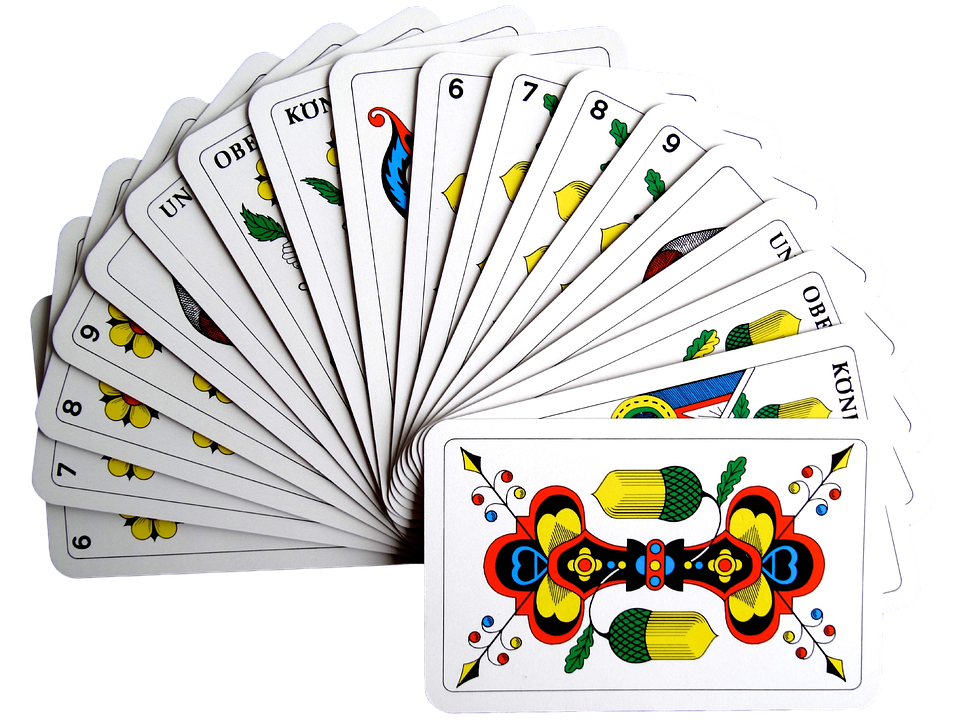The rapid evolution of technology has transformed various sectors across the globe, and the gambling industry is no exception. In the Philippines, the integration of blockchain technology into online gambling is beginning to reshape the future of casinos. As this dynamic relationship unfolds, the implications for operators, players, and the regulatory landscape are significant.
Understanding Blockchain Technology
At its core, blockchain is a decentralized ledger technology that ensures transparency, security, and immutability of data. Originally designed to support cryptocurrencies, blockchain’s capabilities extend far beyond digital currencies. It allows transactions to be recorded and verified across multiple systems, minimizing the risk of fraud and manipulation.
The Rise of Online Gambling in the Philippines
The Philippines has established itself as a flourishing hub for online gambling operations in Asia. With the advent of the Philippine Amusement and Gaming Corporation (PAGCOR) and the development of the Philippine Offshore Gaming Operators (POGOs), the jurisdiction has attracted international players. The country’s vibrant online gaming scene has thrived due to its favorable regulations, the growing digital infrastructure, and the increasing acceptance of online gaming platforms.
The Convergence of Blockchain and Gambling
Enhanced Security and Fairness
One of the primary advantages of blockchain technology is its unparalleled security. For online casinos, the ability to provide a transparent gaming environment is crucial. Players can verify the fairness of games through smart contracts and decentralized applications (dApps), which ensure that game outcomes are generated randomly and are tamper-proof. This transparency fosters trust, encouraging more players to engage in online gambling.
Lower Transaction Costs and Faster Withdrawals
Traditional online gambling platforms often incur high fees for processing deposits and withdrawals. Blockchain can significantly reduce these costs by eliminating intermediaries such as banks and payment processors. Furthermore, transactions on the blockchain are typically processed much faster, allowing players in the Philippines to enjoy immediate access to their winnings.
Cryptocurrency Payments
As cryptocurrencies gain traction, many online casinos are starting to accept digital currencies like Bitcoin, Ethereum, and others as payment methods. This innovation aligns with the needs of players who prefer anonymity and security. Cryptocurrencies also allow for international transactions without the worries associated with currency fluctuations and exchange rates.
Improved Customer Experience
Blockchain technology can be leveraged to streamline the overall customer experience. From verifying identities to ensuring compliance with regulations, the use of blockchain can enhance operational efficiency. Moreover, loyalty and reward programs can be placed on the blockchain for increased transparency and easier management.
Regulatory Perspectives and Challenges
As the integration of blockchain and online gambling grows, so does the need for a clear regulatory framework. The Philippine government, through PAGCOR, has begun exploring the implications of blockchain in gambling. Although the benefits are significant, challenges remain.
Regulatory authorities must ensure that the use of blockchain does not open doors for money laundering or other illicit activities. Establishing guidelines for operators that include robust Know Your Customer (KYC) and Anti-Money Laundering (AML) protocols is crucial.
The Role of Technology Providers
Technology providers are at the front line of this revolution, developing innovative solutions that enhance gameplay and user experiences. Companies specializing in blockchain technology are partnering with online casinos to create tailor-made systems that address security concerns while adhering to regulatory requirements.
The Future of Casinos in the Philippines
The convergence of blockchain and online gambling has the potential to catapult the Philippine casino industry into a new era of efficiency, transparency, and user-centric service offerings. As more operators adopt this technology, the country is poised to become a leader in the Asian online gambling market.
The evolution of technology in this sector will also necessitate ongoing education for both consumers and operators. Increased awareness regarding the benefits of blockchain will likely lead to greater acceptance among players, further driving the growth of the industry.
Conclusion
As advancements in blockchain technology continue to emerge, the Philippine gambling landscape stands on the brink of a transformative period. With increased security, lower transaction costs, and a more transparent gaming experience, the future of online casinos is bright. If managed correctly, this revolution could position the Philippines as a central player in the global online gambling industry, attracting both operators and players to its shores for years to come. The fusion of blockchain and online gambling promises to redefine the casino experience, making it more secure, efficient, and engaging than ever before.



